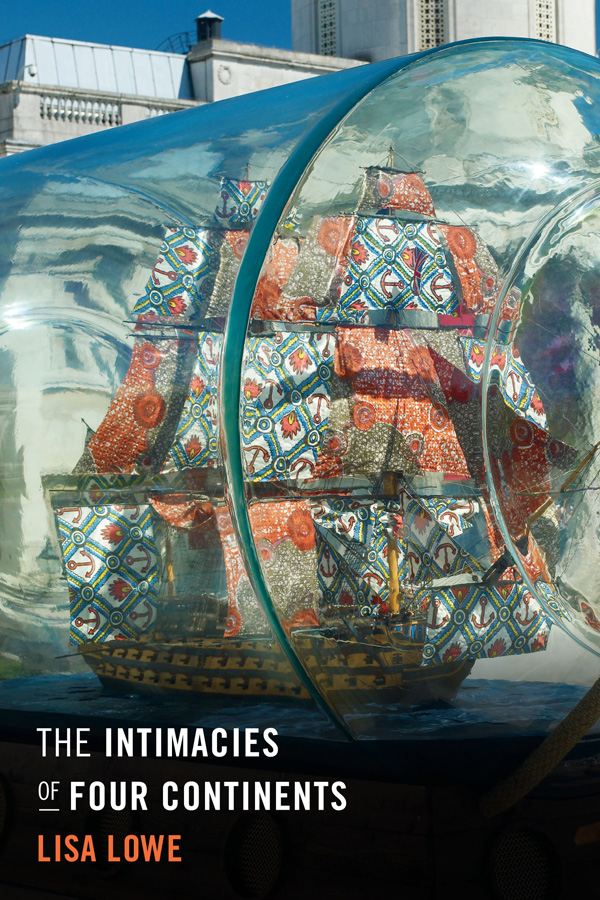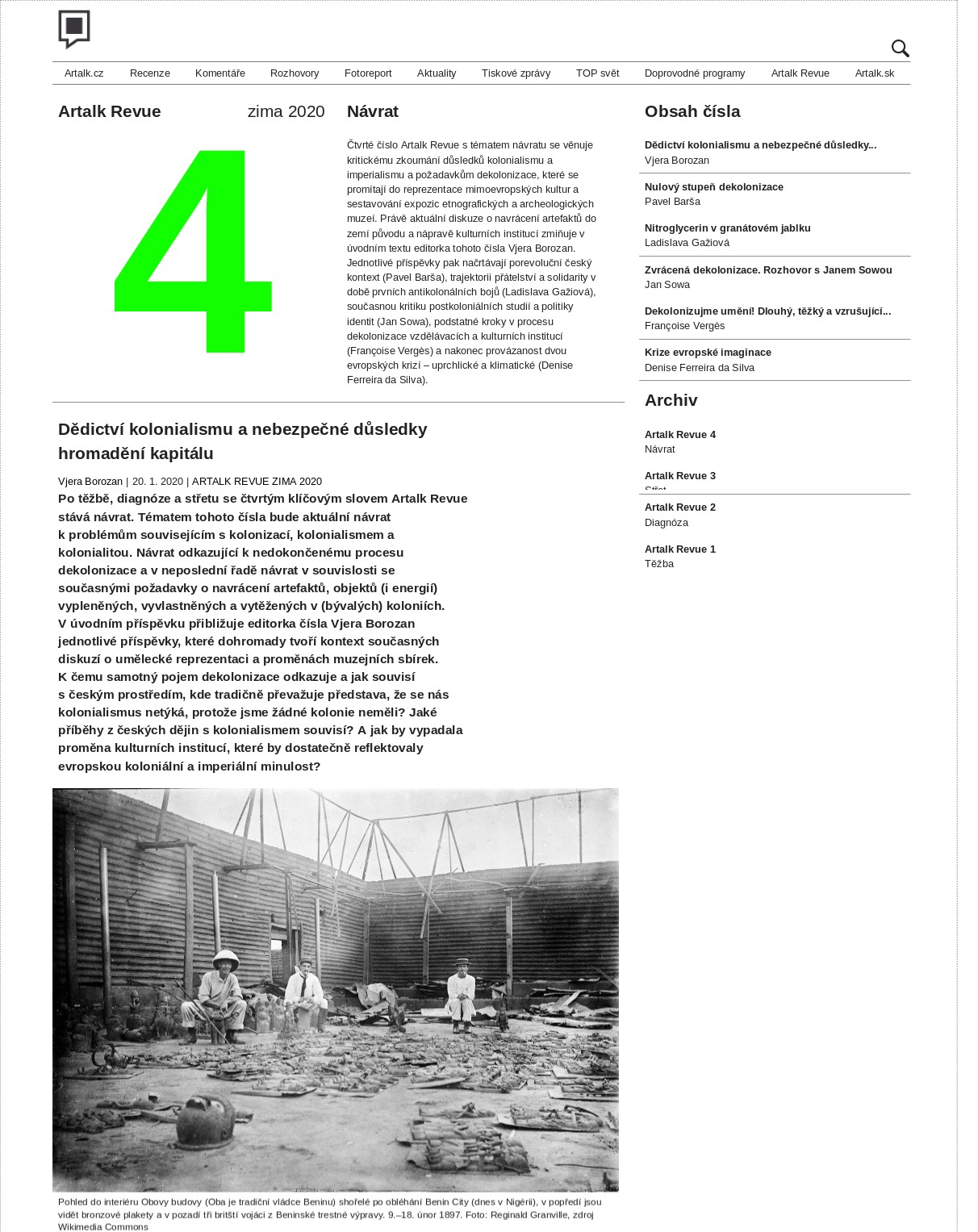October, 174: A Questionnaire on Decolonization (2020)
Filed under survey | Tags: · activism, art, black people, collecting, colonialism, decoloniality, decolonization, eurocentrism, history, imperialism, indigenous peoples, land, museum, postcolonialism, race, slavery, violence
“The term decolonize has gained a new life in recent art activism, as a radical challenge to the Eurocentrism of museums (in light of Native, Indigenous, and other epistemological perspectives) as well as in the museum’s structural relation to violence (either in its ties to oligarchic trustees or to corporations engaged in the business of war or environmental depredation). In calling forth the mid-twentieth-century period of decolonization as its historical point of reference, the word’s emphatic return is rhetorically powerful, and it corresponds to a parallel interest among scholars in a plural field of postcolonial or global modernisms. The exhortation to decolonize, however, is not uncontroversial-some believe it still carries a Eurocentric bias. Indeed, it has been proposed that, for the West, de-imperialization is perhaps even more urgent than decolonization.
What does the term decolonize mean to you in your work in activism, criticism, art, and/or scholarship? Why has it come to play such an urgent role in the neoliberal West? How can we link it historically with the political history of decolonization, and how does it work to translate postcolonial theory into a critique of the neocolonial contemporary art world?”
Respondents include Nana Adusei-Poku, Brook Andrew, Sampada Aranke, Ian Bethell-Bennett, Kader Attia, Andrea Carlson, Elise Y. Chagas, ISUMA, Iftikhar Dadi, Janet Dees, Nitasha Dhillon, Hannah Feldman, Josh T. Franco, David Garneau, Renee Green, Iman Issa, Arnold J. Kemp, Thomas Lax, Nancy Luxon, Nelson Maldonado-Torres, Saloni Mathur, Tiona Nekkia McClodden, Alan Michelson, Partha Mitter, Isabela Muci Barradas, Steven Nelson, Ugochukwu-Smooth C. Nzewi, Alessandro Petti, Paulina Pineda, Christopher Pinney, Elizabeth Povinelli, Ryan Rice, Andrew Ross, Paul Chaat Smith, Nancy Spector, Francoise Verges, Rocio Zambrana, and Joseph R. Zordan.
Edited by Huey Copeland, Hal Foster, David Joselit, and Pamela M. Lee
Publisher MIT Press, Fall 2020
Open access
ISSN 0162-2870
123 pages
Lisa Lowe: The Intimacies of Four Continents (2015)
Filed under book | Tags: · 1700s, 1800s, abolitionism, asia, black people, capitalism, colonialism, dialectic, governance, history, imperialism, indigenous peoples, intimacy, knowledge, labour, liberalism, marxism, narrative, race, slavery, trade, united states, violence

“In this uniquely interdisciplinary work, Lisa Lowe examines the relationships between Europe, Africa, Asia, and the Americas in the late eighteenth- and early nineteenth- centuries, exploring the links between colonialism, slavery, imperial trades and Western liberalism. Reading across archives, canons, and continents, Lowe connects the liberal narrative of freedom overcoming slavery to the expansion of Anglo-American empire, observing that abstract promises of freedom often obscure their embeddedness within colonial conditions. Race and social difference, Lowe contends, are enduring remainders of colonial processes through which “the human” is universalized and “freed” by liberal forms, while the peoples who create the conditions of possibility for that freedom are assimilated or forgotten. Analyzing the archive of liberalism alongside the colonial state archives from which it has been separated, Lowe offers new methods for interpreting the past, examining events well documented in archives, and those matters absent, whether actively suppressed or merely deemed insignificant. Lowe invents a mode of reading intimately, which defies accepted national boundaries and disrupts given chronologies, complicating our conceptions of history, politics, economics, and culture, and ultimately, knowledge itself.”
Publisher Duke University Press, Durham, NC, June 2015
ISBN 9780822358633, 0822358638
319 pages
Discussion: Gayatri Gopinath, Alyosha Goldstein, Moon-Ho Jung, Stephanie Smallwood (book roundtable at ASA Conference, Toronto, 2015, video).
Reviews: John Holmwood (Theory, Culture & Society, 2016), Betty Joseph (American Historical Review, 2016), Hossein Ayazi (Qui Parle, 2016), Michael Gaffney (Journal of American Studies, 2016), Adam Nemmers (Women’s Studies, 2016), Marion C. Rohrleitner (Pacific Historical Review, 2016), Lance Bertelsen (Modern Philology, 2017), Harrod J Suarez (Melus: Multi-Ethnic Literature of the U.S., 2017), Jesse van Amelsvoort (Nexus Instituut, n.d.), Hadley Howes (Antipode, 2020).
Artalk Revue, 4: The Return (2020) [Czech/English]
Filed under magazine | Tags: · central europe, colonialism, decolonization, global south, imperialism, postcolonialism

“The fourth issue of Artalk Revue on the theme of return is devoted to a critical examination of the consequences of colonialism and imperialism and the requirements of decolonization that translate into the representation of non-European cultures and exhibitions in ethnographic and archaeological museums. In her editorial, Vjera Borozan takes on the discussions on the return of artifacts to the countries of origin and the situation in cultural institutions. The other contributors outline the post-revolutionary context in Visegrad countries (Pavel Barša), the trajectory of friendship and solidarity during anti-colonial struggles in the 19th century (Ladislava Gažiová), current criticism of post-colonial studies and identity politics (Jan Sowa), advances in the process of decolonization of educational and cultural institutions (Françoise Vergès), and finally the links between the refugee and climate crises (Denise Ferreira da Silva).”
Edited by Vjera Borozan
Publisher Artalk.cz, Brno, 2020
42 pages
HTML (Czech)
PDF (Czech)
PDF (English)

